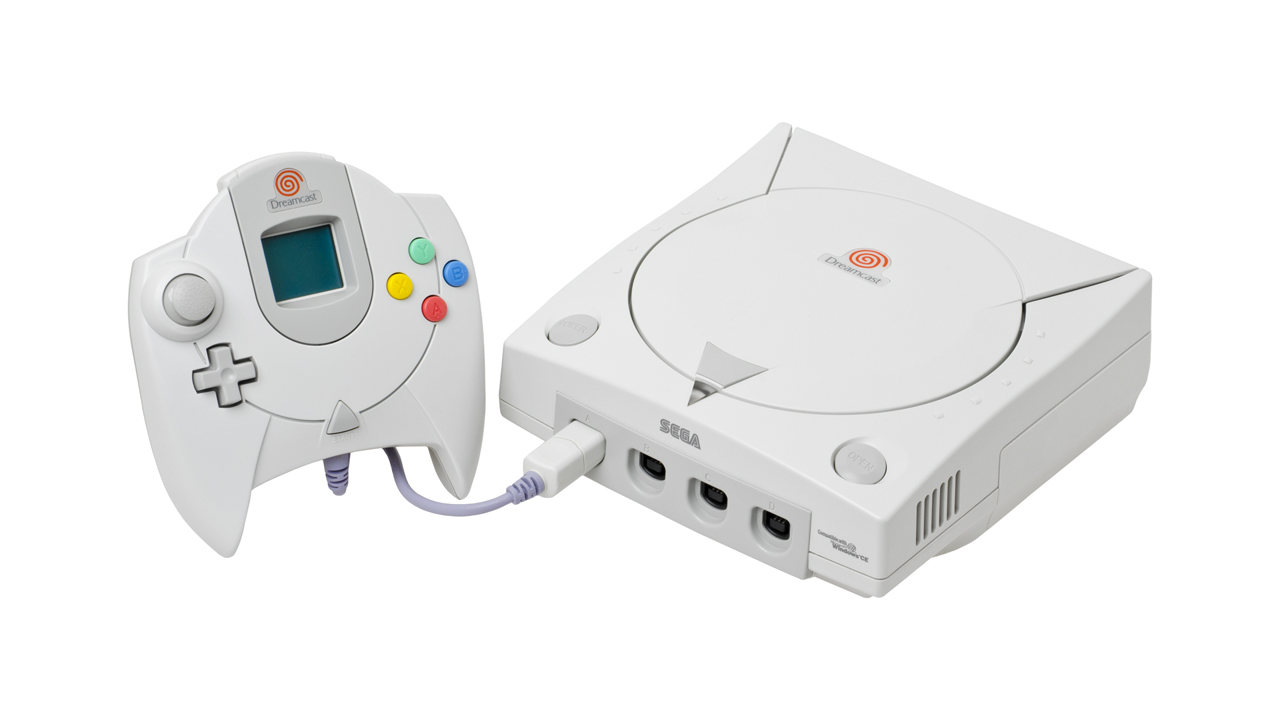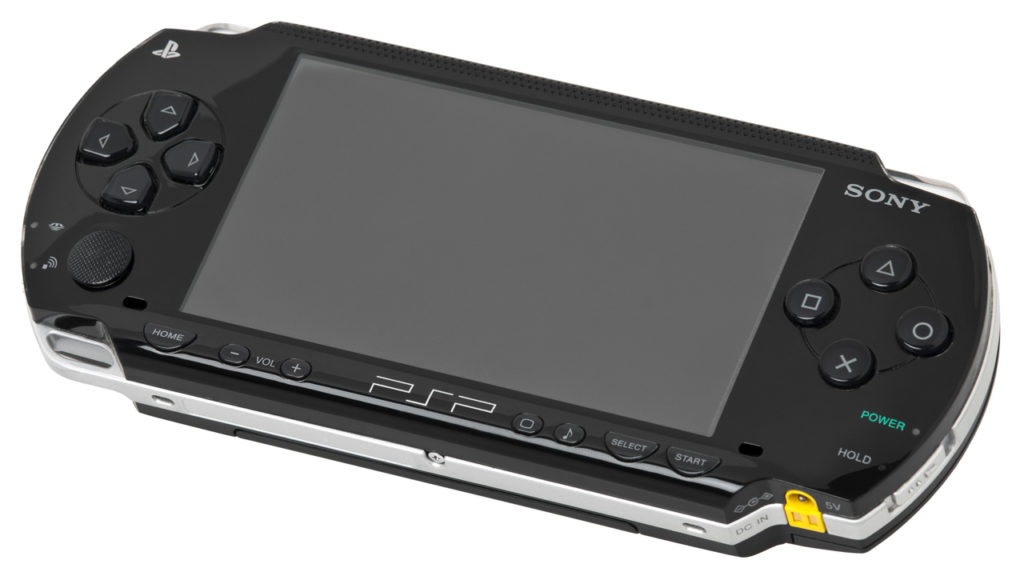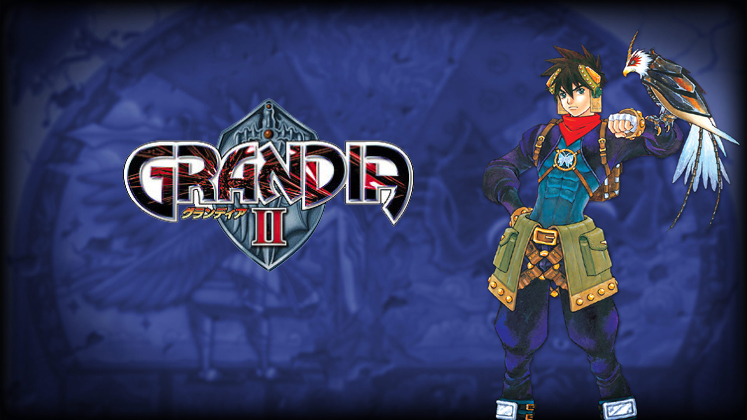Due to the abysmal performance of Sega's disastrous Saturn console, and not long before its premature cancellation, Sega set about development of their next generation of video game hardware. In an effort to cut costs, and to make sure that the Saturn's successor would be easy to create games for, Sega opted to use preexisting, off-the-shelf PC components and a custom Windows operating system, in favor of more complicated proprietary options. The new console would also share architecture with Sega's own NAOMI arcade hardware, which was developed around the same time, thus all but ensuring it would be the recipient of a steady stream of home-playable arcade hits, pretty much from day one. Finally, Sega decided to give the system a built-in modem for online play and internet access, the first console to include such a feature.
After finalizing the hardware specifications, a public contest was held by Sega to name their new system and "Dreamcast" was selected out of more than 5,000 entries. In order to avoid the same anemic launch that the Saturn had suffered, Sega took steps to have plenty of Dreamcast games available to choose from when the console made its North American debut on 09/09/1999. Sega also acquired American sports game developer Visual Concepts to ensure that the system's library would be adequately stocked with a variety of great sports titles, both at launch, and over the months and potentially years to follow. In addition (and as they did for all of the company's previous consoles), Sega's other internal studios all worked diligently to provide the Dreamcast with a multitude of high-quality first-party fare over the console's life.
Despite making a number of savvy decisions with the design and launch of the Dreamcast, Sega was ultimately unable to sell enough systems to cover their past losses on the Saturn. Nor were they able to gain enough market share to turn the tables on Sony and Nintendo. Eventually, the Dreamcast also began to burden Sega with losses and so, just over a year and a half into its life, they reluctantly exited the console industry altogether. It is said that the candle that burns half as long burns twice as bright. That may have been true in the Dreamcast's case. It's difficult to name another console that was able to amass such an amazingly diverse library of incredible titles over such a short run. Please read on for a list of the very best of these games to ever have graced Sega's final console.



